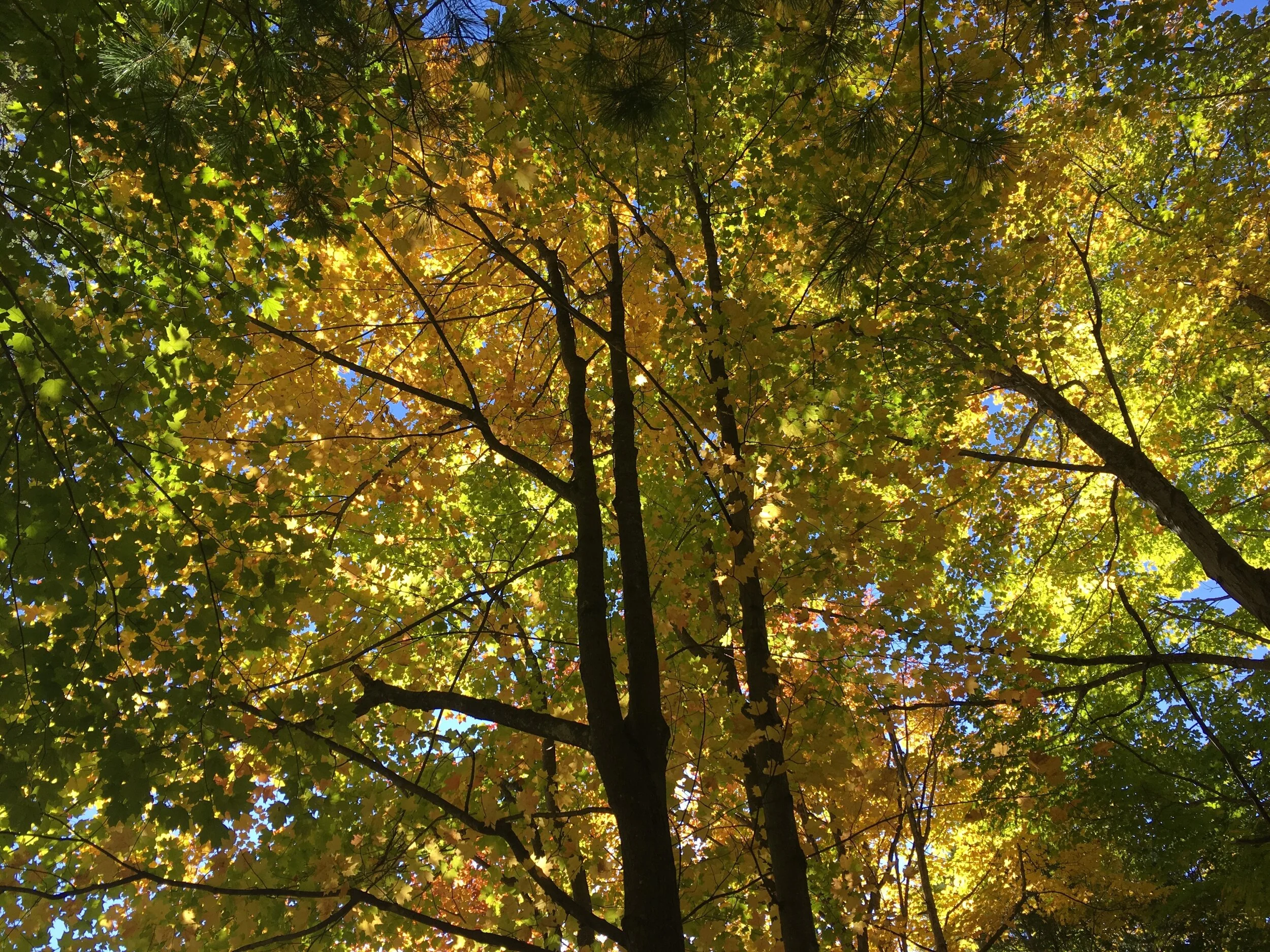Earlier this summer, members of the Odonaterra team travelled to Mattawa, Ontario, to work with Antoine Nation. The focus of the visit was a series of interviews documenting how Antoine Nation members use and value the lands, waters, and resources of their territory, as part of an Indigenous Knowledge and Land Use Study (IKLUS) on the potential human environmental impacts of the Timiskaming Dam-Bridge of Quebec Replacement Project.
The Timiskaming Dam-Bridge crosses the Ottawa River, connecting the provinces of Ontario and Quebec at Temiscaming, Quebec, and regulates water levels on the river. The dam-bridge was first completed in 1913 and rebuilt in 1934. The Ontario section of the structure was replaced in 2017 with the replacement of the Quebec section currently undergoing a federal impact assessment.
Engagement on the project is occurring with a number of Indigenous communities that have occupied the Ottawa River watershed since time immemorial, in both Ontario and Quebec.
The Timiskaming Dam-Bridge crosses the Ottawa River, connecting the provinces of Ontario and Quebec at Temiscaming, Quebec, and regulates water levels on the river. The dam-bridge was first completed in 1913 and rebuilt in 1934. The Ontario section of the structure was replaced in 2017 with the replacement of the Quebec section currently undergoing a federal impact assessment.
Engagement on the project is occurring with a number of Indigenous communities that have occupied the Ottawa River watershed since time immemorial, in both Ontario and Quebec.
Upon arriving in the community, Odonaterra was welcomed by the Chief and community engagement liaison who took the team on a tour of Antoine Park and discussed general issues of concern for the Nation. Later in the week, the team was invited to a fish fry to connect with community members on a more personal level to exchange ideas, identify concerns in a relaxed setting, and foster a sense of partnership.
The Odonaterra team was excited about this opportunity for in-person consultation as part of a 2-week engagement in the community that had not been possible during the pandemic. While our partners and clients demonstrated resilience throughout the health crisis, moving to online meetings, and reorganizing work, it was refreshing to have in-person meetings and valuable to building relationships.
Although in-community consultations remain essential to impact assessment processes, a perhaps not surprising result of the COVID-19-related lockdowns, was an increase in virtual meetings coupled with improvements to virtual conferencing tools and innovative strategies for continued engagement. Being flexible, agile, and innovative became essential and offered many learning opportunities that will likely continue to be leveraged in future consultations to support ongoing conversations.
Regular and timely meetings are perhaps more possible now that large portions of the population have been pushed to learn how to use remote working tools. Additionally, the Government of Canada recognized that the pandemic – and resulting dependence on online communications – reflected an increased need for reliable internet access across the country, especially in rural households and remote and isolated Indigenous communities, which may facilitate reaching universal connectivity targets of 50 Mbps download / 10 Mbps upload speeds earlier than anticipated in the High-Speed Access for All: Canada's Connectivity Strategy.
Odonaterra was grateful for the warm welcome received from community members of Antoine Nation, and their participation in interviews with our team to inform the project’s Impact Assessment Statement. We look forward to similar consultation activities with other communities in the project area.
We are also excited for the future and are committed to remaining adaptable to new tools, technologies, and engagement strategies to facilitate regular communications with clients, partners, friends, and family, both in-person and online.


